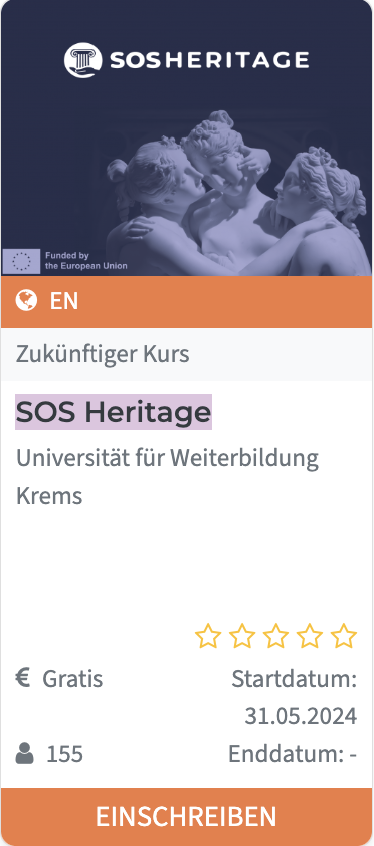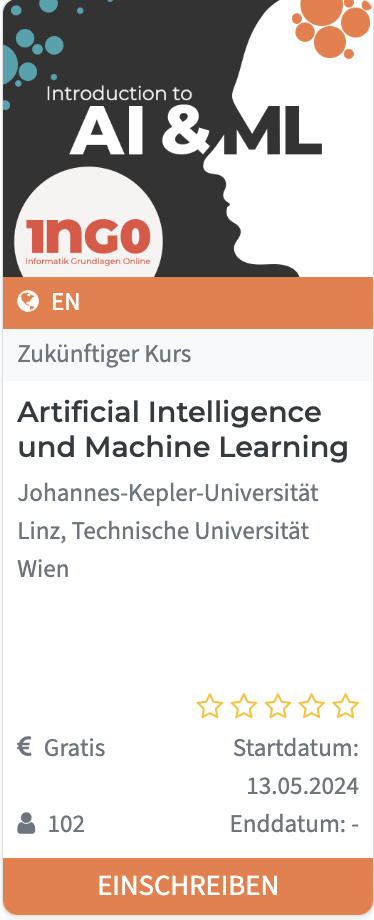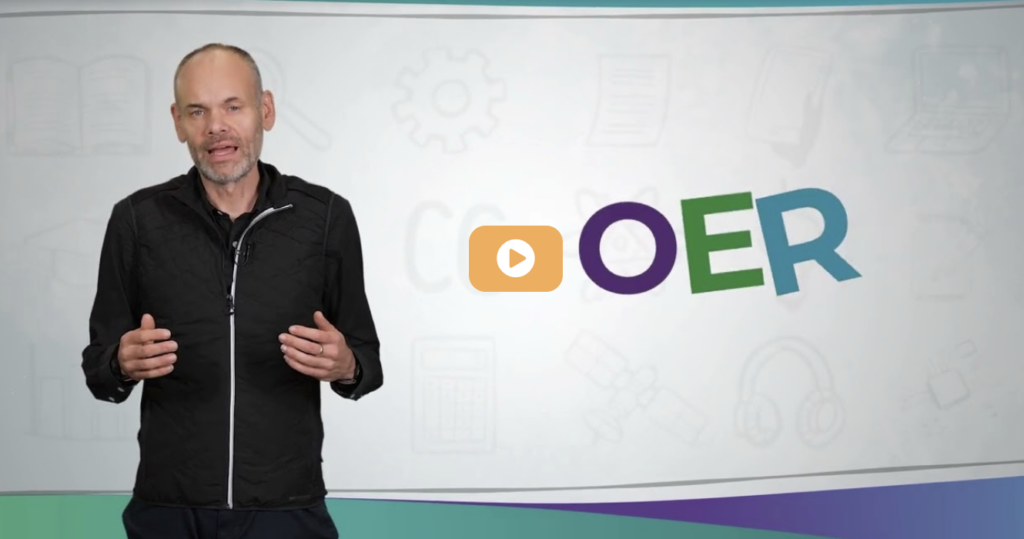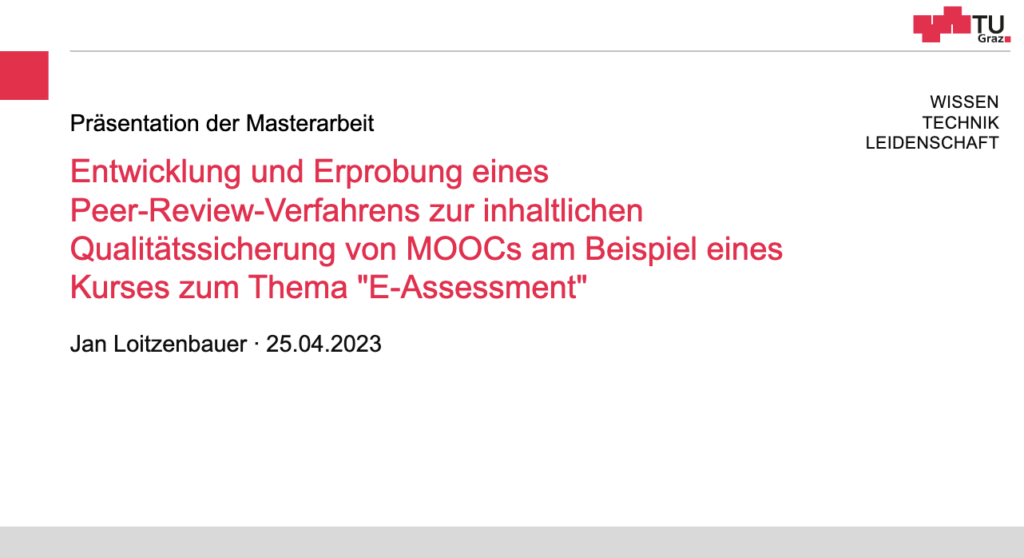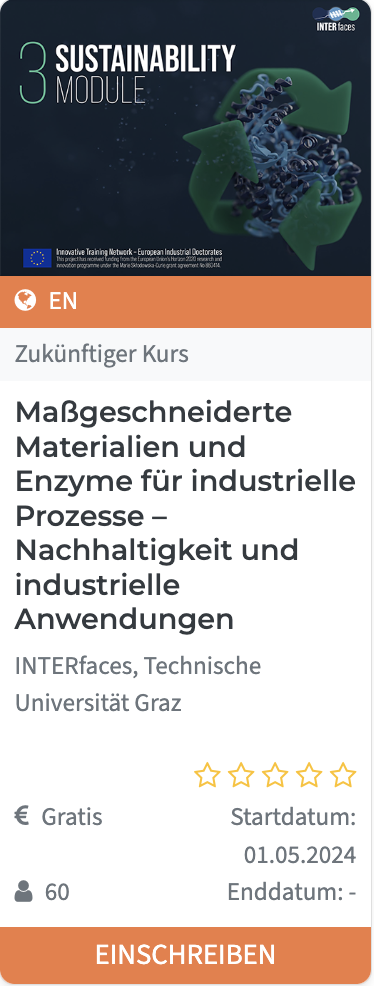Es freut uns, dass wir einen MOOC zum Thema „SOS Heritage“ von der Universität für Weiterbildung auf iMooX.at starten können:
SOS Heritage ist ein vom EU-Programm Creative Europe gefördertes Projekt, das von Mazzini Lab Società Benefit (IT) geleitet und in Partnerschaft mit 4 weiteren Organisationen aus 4 europäischen Ländern durchgeführt wird: dem Zentrum für Kulturgüterschutz der Universität für Weiterbildung Krems (AT), der Associazione Dimore Storiche Italiane (IT), der Transylvania Trust Foundation (RO) und dem Nationalmuseum Kruševac (RS).
Ausgehend vom europäischen Kulturkontext ergreift das Projekt konkrete Maßnahmen, um die Fähigkeiten des Kultursektors zu stärken, mit den Herausforderungen und Chancen der Digitalisierung und des Risikomanagements für materielle Kulturgüter umzugehen und eine Reihe von Best-Practice-Methoden für die Aufwertung und Förderung des kulturellen Erbes zu etablieren.
Klimawandel und Ressourcenknappheit gehören zu den großen Bedrohungen unserer Zeit. Sie zwingen die AkteurInnen des Kultursektors dazu, ihre Fähigkeiten und ihr Wissen in Bezug auf die Bewertung, das Management und die Prävention von Risiken für ihre Sammlungen und Gebäude, die durch Naturkatastrophen und den Klimawandel verursacht werden, zu optimieren.
In vielen Ländern entsteht informell eine neue Berufsgruppe im Kultursektor: die/der RisikomanagerIn für Kulturelles Erbe.
Fachleute im Bereich des materiellen Kulturerbes benötigen spezifische Fähigkeiten und Kompetenzen, um die Risiken ihrer Sammlungen und Objekte zu bewerten, tiefer gehende und genauere Analysen durchzuführen und funktionierende Risikomanagementpläne zu entwickeln.
Dieser Online-Kurs wurde speziell für ExpertInnen und professionelle AkteurInnen des Kultursektors (z.B. EigentümerInnen historischer Häuser, KonservatorInnen, RestauratorInnen, ManagerInnen und MitarbeiterInnen von historischen Gebäuden, Denkmälern, archäologischen Stätten, Museen, Archiven, Bibliotheken und Kunstgalerien) konzipiert und vermittelt Know-how und (digitale) Tools, um die aktuellen, durch die Klimakrise bedingten Herausforderungen bewältigen zu können.
Die Teilnahme ist wie immer kostenlos: [Link zur kostenlosen Teilnahme]

